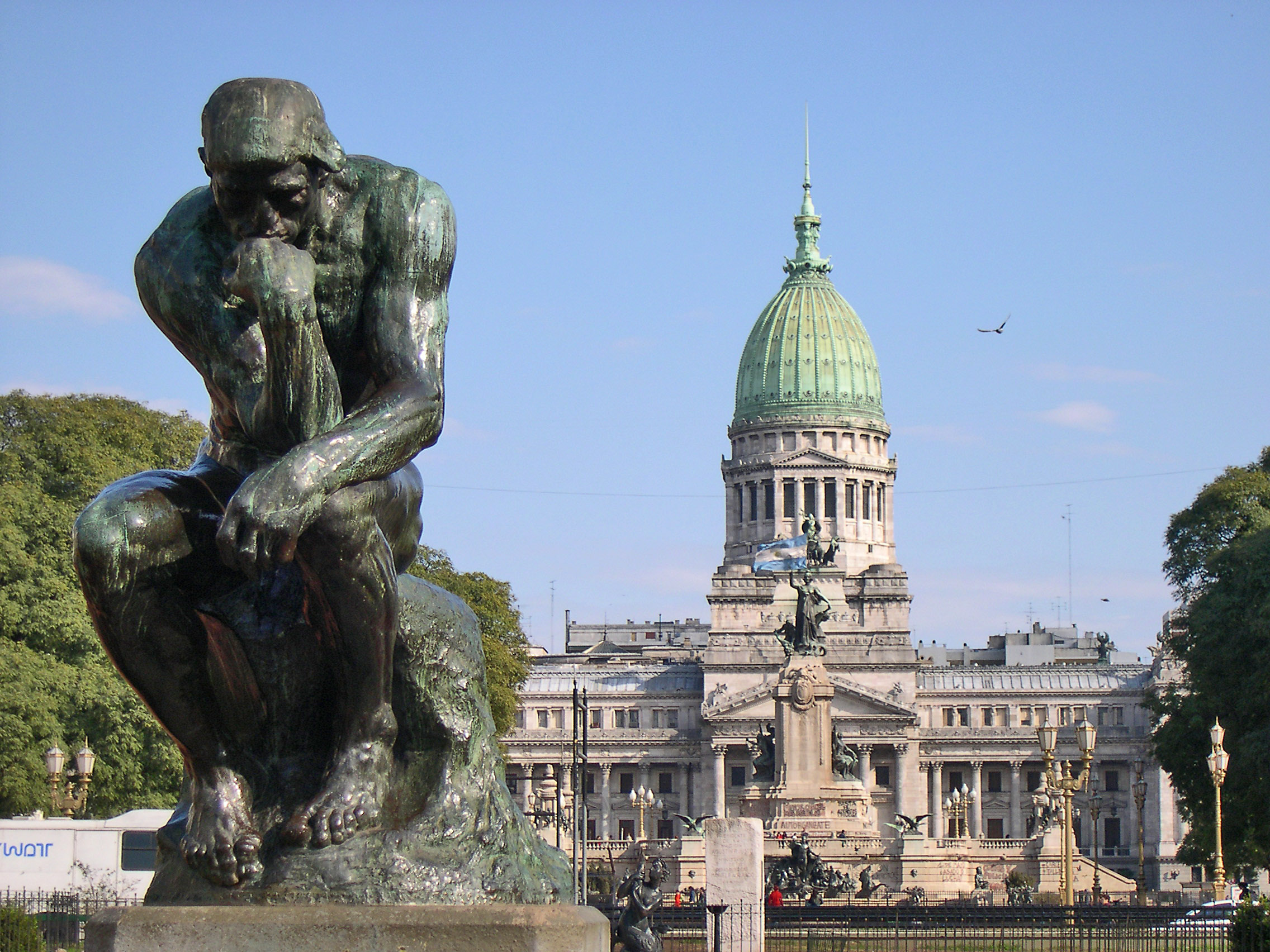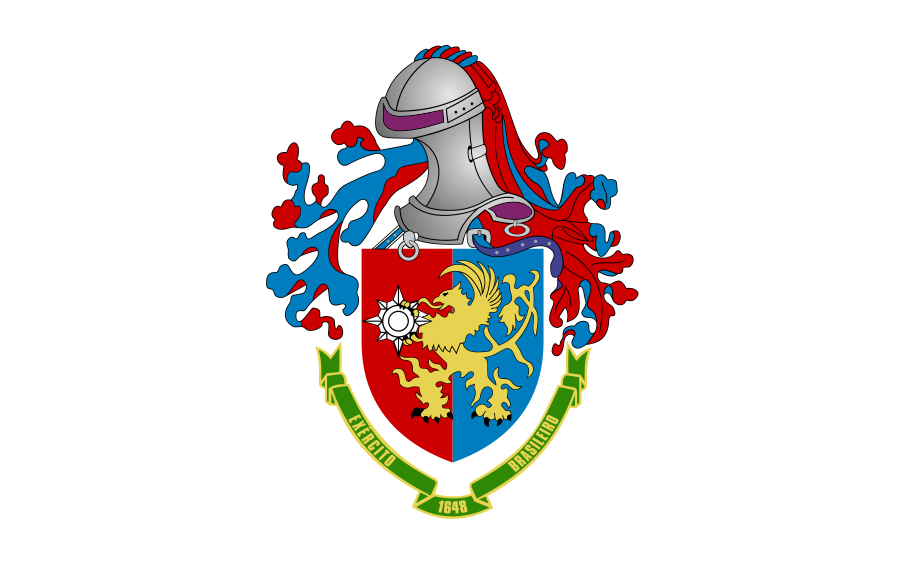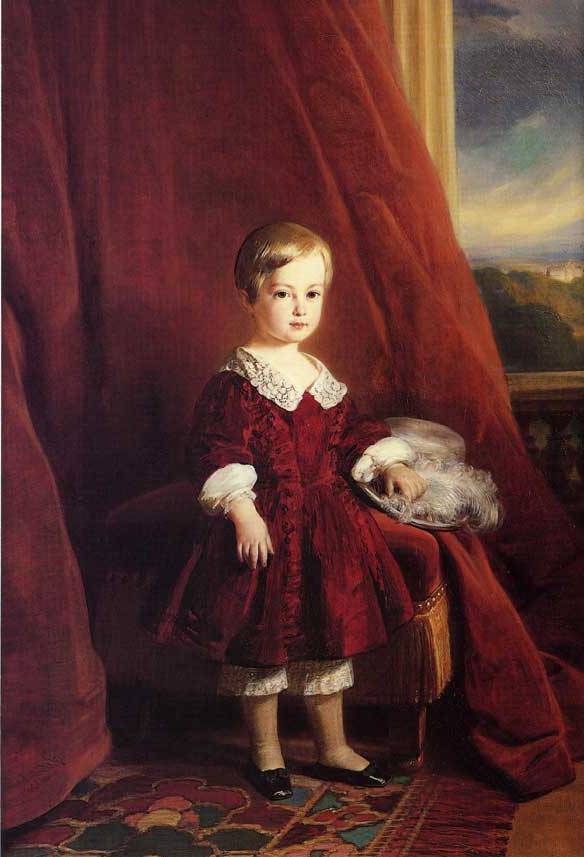|
Republic Of The Sword
The Republic of the Sword (, ) was the early period of the First Brazilian Republic, when it was ruled by Marshals Deodoro da Fonseca and Floriano Peixoto. It began in 1889 when Deodoro da Fonseca launched a military coup against the Empire of Brazil, leading to the Proclamation of the Republic. The first two years of the republic were dictatorial under Fonseca, until a new constitution was promulgated in 1891, and he was elected president. Fonseca was not able to adjust to sharing power with Congress and dissolved it on 3 November 1891. The act was widely perceived as an authoritarian attempt to concentrate power, triggering a severe political crisis and alienating civilian and military supporters, including then Vice President Floriano Peixoto and influential Navy officers. Faced with mounting opposition, threats of civil war, and the defection of military units, Fonseca was forced to resign on 23 November 1891 leading to Peixoto's rise to power. The Republic of the Sword was ... [...More Info...] [...Related Items...] OR: [Wikipedia] [Google] [Baidu] |
Deodoro Da Fonseca
Manuel Deodoro da Fonseca (; 5 August 1827 – 23 August 1892) was a Brazilian politician and military officer who served as the Head of Provisional Government and the first president of Brazil. He was born in Alagoas in a military family, followed a military career, and became a national figure. Fonseca took office as provisional president after heading a military coup that deposed Emperor Pedro II and established the First Brazilian Republic in 1889, disestablishing the Empire. After his election in 1891, he stepped down the same year under great political pressure when he dissolved the National Congress. He died less than a year later. Early life Fonseca was born the third child of a large military family on 5 August 1827 in Alagoas da Lagoa do Sul, Alagoas, a town that now bears his name as Marechal Deodoro, in Northeast Brazil. He was the son of Manuel Mendes da Fonseca Galvão (1785–1859) and his wife, Rosa Maria Paulina de Barros Cavalcanti (1802–1873). During t ... [...More Info...] [...Related Items...] OR: [Wikipedia] [Google] [Baidu] |
Rio De Janeiro
Rio de Janeiro, or simply Rio, is the capital of the Rio de Janeiro (state), state of Rio de Janeiro. It is the List of cities in Brazil by population, second-most-populous city in Brazil (after São Paulo) and the Largest cities in the Americas, sixth-most-populous city in the Americas. Founded in 1565 by the Portuguese people, Portuguese, the city was initially the seat of the Captaincy of Rio de Janeiro, a domain of the Portuguese Empire. In 1763, it became the capital of the State of Brazil, a List of states of the Portuguese Empire, state of the Portuguese Empire. In 1808, when the Transfer of the Portuguese Court to Brazil, Portuguese Royal Court moved to Brazil, Rio de Janeiro became the seat of the court of Queen Maria I of Portugal. She subsequently, under the leadership of her son the prince regent John VI of Portugal, raised Brazil to the dignity of a kingdom, within the United Kingdom of Portugal, Brazil and the Algarves, United Kingdom of Portugal, Brazil, and Algar ... [...More Info...] [...Related Items...] OR: [Wikipedia] [Google] [Baidu] |
Judiciary
The judiciary (also known as the judicial system, judicature, judicial branch, judiciative branch, and court or judiciary system) is the system of courts that adjudicates legal disputes/disagreements and interprets, defends, and applies the law in legal cases. Meaning The judiciary is the system of courts that interprets, defends, and applies the law in the name of the state. The judiciary can also be thought of as the mechanism for the resolution of disputes. Under the doctrine of the separation of powers, the judiciary generally does not make statutory law (which is the responsibility of the legislature) or enforce law (which is the responsibility of the executive), but rather interprets, defends, and applies the law to the facts of each case. However, in some countries the judiciary does make common law. In many jurisdictions the judicial branch has the power to change laws through the process of judicial review. Courts with judicial review power may annul the laws ... [...More Info...] [...Related Items...] OR: [Wikipedia] [Google] [Baidu] |
Congress
A congress is a formal meeting of the representatives of different countries, constituent states, organizations, trade unions, political parties, or other groups. The term originated in Late Middle English to denote an encounter (meeting of adversaries) during battle, from the Latin '' congressus''. Political congresses International relations The following congresses were formal meetings of representatives of different nations: *The Congress of Aix-la-Chapelle (1668), which ended the War of Devolution *The Congress of Aix-la-Chapelle (1748), which ended the War of the Austrian Succession *The Congress of Aix-la-Chapelle (1818) *The Congress of Berlin (1878), which settled the Eastern Question after the Russo-Turkish War (1877–1878) *The Congress of Gniezno (1000) *The Congress of Laibach (1821) *The Congress of Panama, an 1826 meeting organized by Simón Bolívar *The Congress of Paris (1856), which ended the Crimean War *The Congress of Troppau (1820) *The Congr ... [...More Info...] [...Related Items...] OR: [Wikipedia] [Google] [Baidu] |
Afonso Celso, Viscount Of Ouro Preto
Afonso Celso de Assis Figueiredo, Viscount of Ouro Preto (2 February 1836 – 21 February 1912) was a Brazilian politician, and the last Prime Minister of the Empire of Brazil. Biography Personal life Afonso Celso was born in Ouro Preto, then capital of the province of Minas Gerais. He married on 6 January 1859 with Francisca de Paula Martins de Toledo (1839–1916), daughter of the Colonel of the National Guard and counselor Joaquim Floriano de Toledo, and his second wife, Ana Margarida da Graça Martins. From the marriage between the Viscount of Ouro Preto and Francisca de Paula was born the ''immortal'' Count Afonso Celso de Assis Figueiredo Júnior, who came to found the ''Jornal do Brasil'' (he would not have founded but collaborated for more than 30 years in the newspaper). Francisca de Paula was the sister of Carlota Martins de Toledo, wife of Jorge João Dodsworth, the second Baron of Javary. Dodsworth was the brother-in-law of the Baron of Teffé and, therefore, un ... [...More Info...] [...Related Items...] OR: [Wikipedia] [Google] [Baidu] |
Brazilian Army
The Brazilian Army (; EB) is the branch of the Brazilian Armed Forces responsible, externally, for defending the country in eminently terrestrial operations and, internally, for guaranteeing law, order and the constitutional branches, subordinating itself, in the Federal government of Brazil, Federal Government's structure, to the Ministry of Defence (Brazil), Ministry of Defense, alongside the Brazilian Navy and Brazilian Air Force, Air Force. The Military Police (Brazil), Military Police (; PMs) and Military Firefighters Corps (; CBMs) are legally designated as reserve and auxiliary forces to the army. Its operational arm is called Land Force. It is the largest army in South America and the largest branch of the Armed Forces of Brazil. Emerging from the defense forces of the Portuguese Empire in Colonial Brazil as the Imperial Brazilian Army, its two main conventional warfare experiences were the Paraguayan War and the Brazilian Expeditionary Force, and its traditional rival i ... [...More Info...] [...Related Items...] OR: [Wikipedia] [Google] [Baidu] |
Gaston, Count Of Eu
Prince Gaston of Orleans, Count of Eu (; 28 April 1842 – 28 August 1922) was a French prince and military commander who fought in the Hispano-Moroccan War and the Paraguayan War. He was the first son of Louis, Duke of Nemours and Princess Victoria of Saxe-Coburg and Gotha, and was married to Princess Isabel, daughter of Pedro II of Brazil and heiress to the Brazilian throne. Early years Gaston was born Louis Philippe Marie Ferdinand Gaston of Orléans (Portuguese: Luís Filipe Maria Fernando Gastão de Orleães) on 28 April 1842 in Neuilly-sur-Seine, a suburb of Paris, at the Château de Neuilly. He was the eldest son of Louis, the Duke of Nemours and Princess Victoria of Saxe-Coburg and Gotha. His paternal grandparents were King Louis Philippe I, King of the French, and Maria Amalia of the Two Sicilies, and his maternal grandparents were Prince Ferdinand of Saxe-Coburg and Gotha and Princess Maria Antonia von Koháry. A member of the French royal family, Gast ... [...More Info...] [...Related Items...] OR: [Wikipedia] [Google] [Baidu] |
Isabel, Princess Imperial Of Brazil
'' Dona'' Isabel (29 July 1846 – 14 November 1921), called "the Redemptress", was the Princess Imperial ( heiress presumptive to the throne) of the Empire of Brazil and the Empire's regent on three occasions. Born in Rio de Janeiro as the eldest daughter of Emperor Pedro II of Brazil and Empress Teresa Cristina, she was a member of the Brazilian branch of the House of Braganza (Portuguese: ''Bragança''). After the deaths of her two brothers in infancy, she was recognized as her father's heiress presumptive. She married a French prince, Gaston, Count of Eu, in an arranged marriage and they had three sons. During her father's absences abroad, Isabel acted as regent. In her third and final regency, she actively promoted and ultimately signed a law, named ''Lei Áurea'' or the Golden Law, emancipating all slaves in Brazil. Even though the action was broadly popular, there was strong opposition to her succession to the throne. Her gender, strong Catholic faith, and marriage ... [...More Info...] [...Related Items...] OR: [Wikipedia] [Google] [Baidu] |
Pedro II Of Brazil
''Don (honorific), Dom'' PedroII (Pedro de Alcântara João Carlos Leopoldo Salvador Bibiano Francisco Xavier de Paula Leocádio Miguel Gabriel Rafael Gonzaga; 2 December 1825 – 5 December 1891), nicknamed the Magnanimous (), was the List of monarchs of Brazil, second and last monarch of the Empire of Brazil, reigning for over 58 years. Pedro II was born in Rio de Janeiro, the seventh child of Emperor Dom Pedro I of Brazil and Empress Dona Maria Leopoldina and thus a member of the Brazilian branch of the House of Braganza (). Abdication of Pedro I of Brazil, His father's abrupt abdication and departure to Europe in 1831 left the five-year-old as emperor and led to a lonely childhood and adolescence, obliged to spend his time studying in preparation for rule. His experiences with court intrigues and political disputes during this period greatly affected his later character; he grew into a man with a strong sense of duty and devotion toward his country and his people, yet in ... [...More Info...] [...Related Items...] OR: [Wikipedia] [Google] [Baidu] |
Paraguayan War
The Paraguayan War (, , ), also known as the War of the Triple Alliance (, , ), was a South American war that lasted from 1864 to 1870. It was fought between Paraguay and the Triple Alliance of Argentina, the Empire of Brazil, and Uruguay. It was the deadliest and bloodiest inter-state war in Latin American history. Paraguay sustained large casualties, but even the approximate numbers are disputed. Paraguay was forced to cede disputed territory to Argentina and Brazil. The war began in late 1864, as a result of a conflict between Paraguay and Brazil caused by the Uruguayan War. Argentina and Uruguay entered the war against Paraguay in 1865, and it then became known as the "War of the Triple Alliance". After Paraguay was defeated in conventional warfare, it conducted a drawn-out guerrilla resistance, a strategy that resulted in the further destruction of the Paraguayan military and the civilian population. Much of the civilian population died due to battle, hunger, and disease. T ... [...More Info...] [...Related Items...] OR: [Wikipedia] [Google] [Baidu] |
Brazilian Revolution Of 1930
The Revolution of 1930 () was an armed insurrection across Brazil that ended the First Brazilian Republic, Old Republic. The revolution replaced incumbent president Washington Luís with defeated presidential candidate and revolutionary leader Getúlio Vargas, concluding the political hegemony of coffee with milk politics, a four-decade-old oligarchy and beginning the Vargas Era. For most of the late 19th and early 20th centuries, Brazilian politics had been controlled by an alliance between the states of São Paulo (state), São Paulo and Minas Gerais. The presidency had alternated between them every election until 1929, when incumbent President Washington Luís declared his successor would be Júlio Prestes, also from São Paulo. In response to the betrayal of the oligarchy, Minas Gerais, Rio Grande do Sul, and Paraíba formed a Liberal Alliance (Brazil), Liberal Alliance backing opposition candidate Getúlio Vargas, president of Rio Grande do Sul. The Alliance denounced the ... [...More Info...] [...Related Items...] OR: [Wikipedia] [Google] [Baidu] |
Milk Coffee Politics
Milk coffee politics or ''café com leite'' politics () is a term that refers to the oligarchic domination of Brazilian politics under the so-called Old Republic (1889–1930) by the landed gentries of São Paulo (dominated by the coffee industry) and Minas Gerais (dominated by the dairy industry), being represented by the Republican Party of São Paulo (PRP) and the Republican Party of Minas Gerais (PRM). The name alludes to the popular coffee beverage ''café com leite'', (), referring to the states' respectively dominant industry. History Under Brazil's Old Republic, the patron-client political machines of the countryside enabled agrarian oligarchs, especially coffee planters in the state of São Paulo, to dominate state structures to their advantage, particularly the weak central state structures that effectively devolved power to local agrarian oligarchies. Under the Old Republic, the coffee with milk politics rested on the domination of the republic's politics by the ... [...More Info...] [...Related Items...] OR: [Wikipedia] [Google] [Baidu] |








